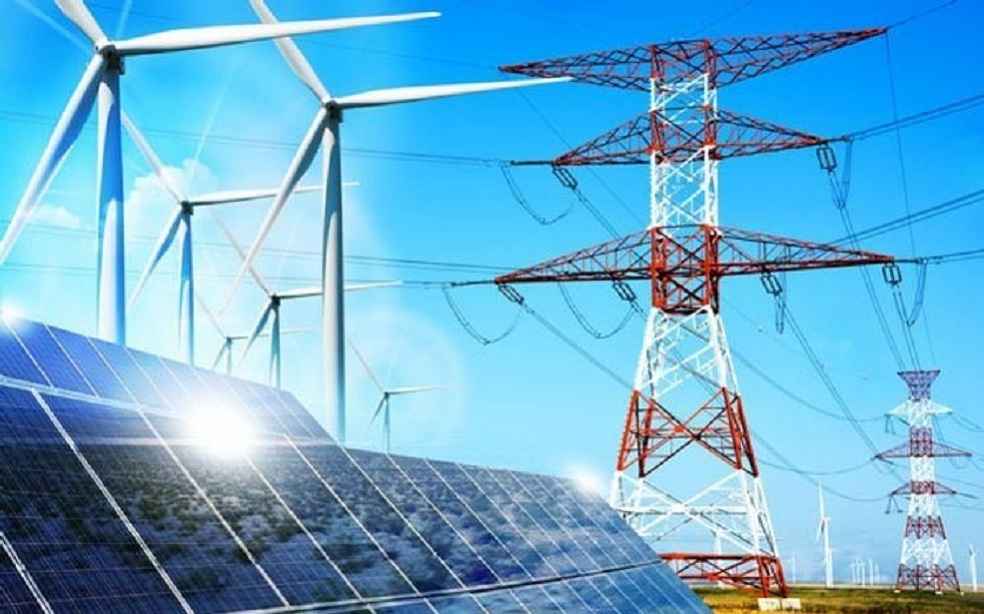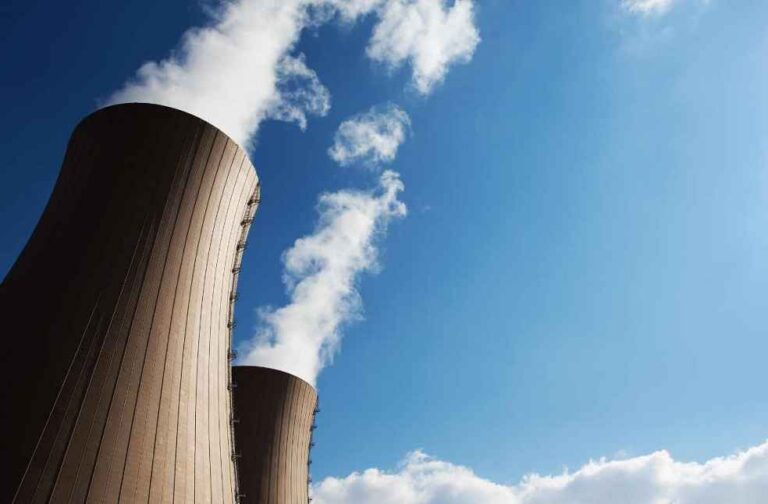The World Bank has lifted its decade-long moratorium on financing nuclear energy projects, marking a major policy shift driven by rising global electricity needs, particularly in developing nations. The change will enable the Bank to fund initiatives aimed at extending the life of existing nuclear plants and accelerating the deployment of small modular reactors (SMRs).
The decision comes as electricity demand in developing countries is projected to more than double by 2035. Nuclear energy, long sidelined in global energy debates, is now witnessing renewed interest as countries seek reliable, low-emission power sources to meet growing consumption and climate goals.

Ajay Banga, President of the World Bank Group, confirmed the move, stating the Bank will coordinate closely with the International Atomic Energy Agency (IAEA) to uphold rigorous safety, security, and regulatory standards. “We’ve made real progress toward a clear path forward on delivering electricity as a driver of development,” Banga noted.
The decision aligns with broader shifts in global energy policy. In Europe, Germany recently agreed to withdraw its opposition to new nuclear technologies within the EU, while affirming its own non-nuclear stance after shutting down its last reactors in 2023. Meanwhile, Southeast European countries are actively advancing nuclear infrastructure, with Slovenia, Romania, and Hungary all pursuing new reactors or SMR projects.

Banga emphasized that the World Bank’s updated approach allows member countries the autonomy to choose their energy mix, ranging from renewables like solar and hydro to conventional sources such as natural gas and nuclear, based on national needs and development goals.
However, the World Bank has yet to reach a consensus on lifting its ban on financing upstream natural gas projects, with discussions ongoing.
REAL ESTATE | Buyer Budget Mismatch Shifts Property Demand Outward



